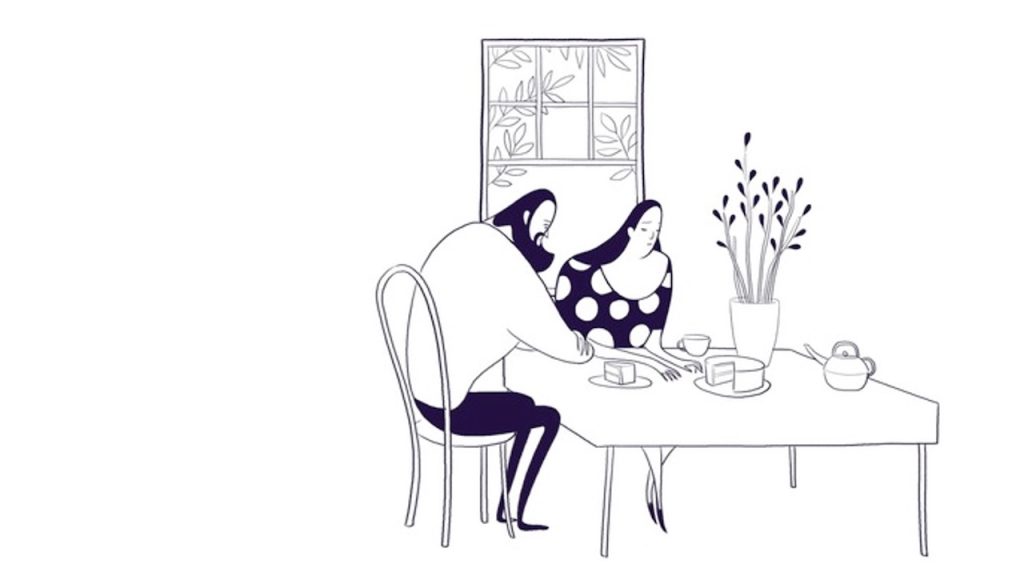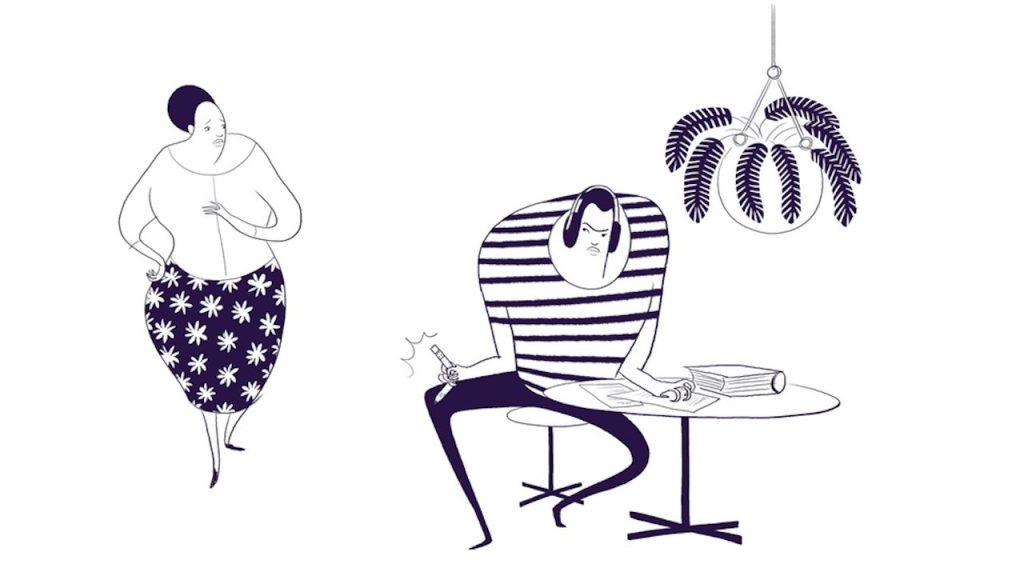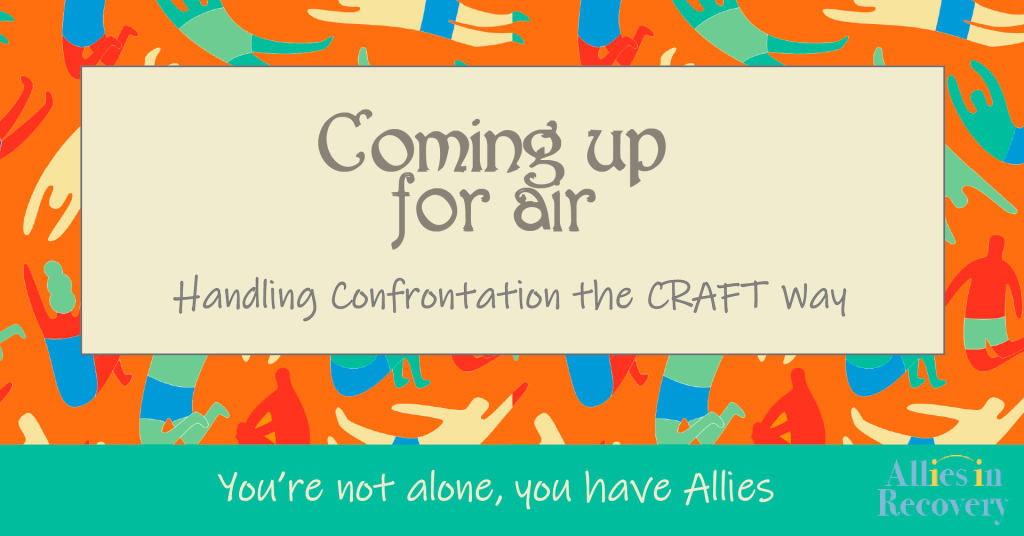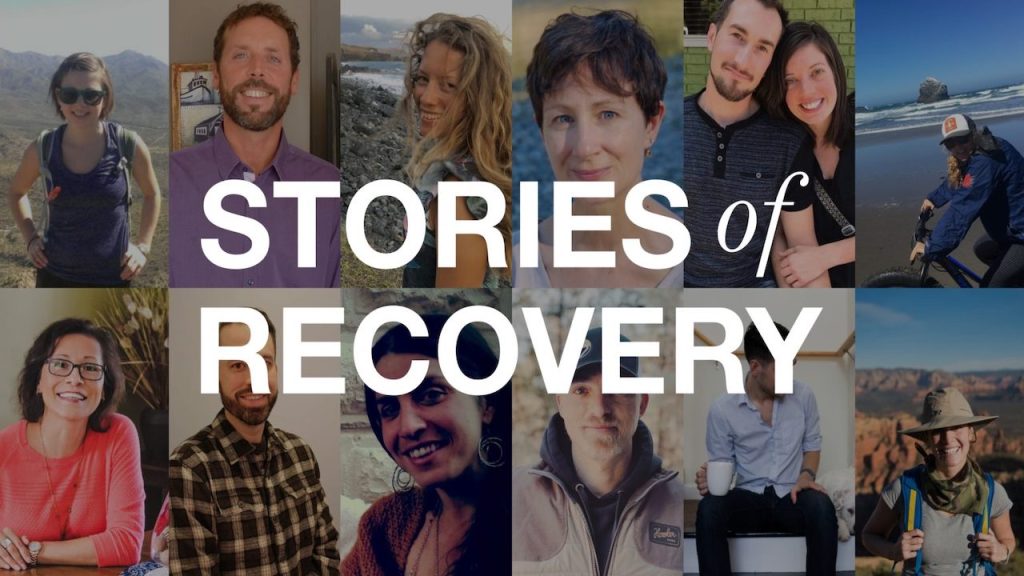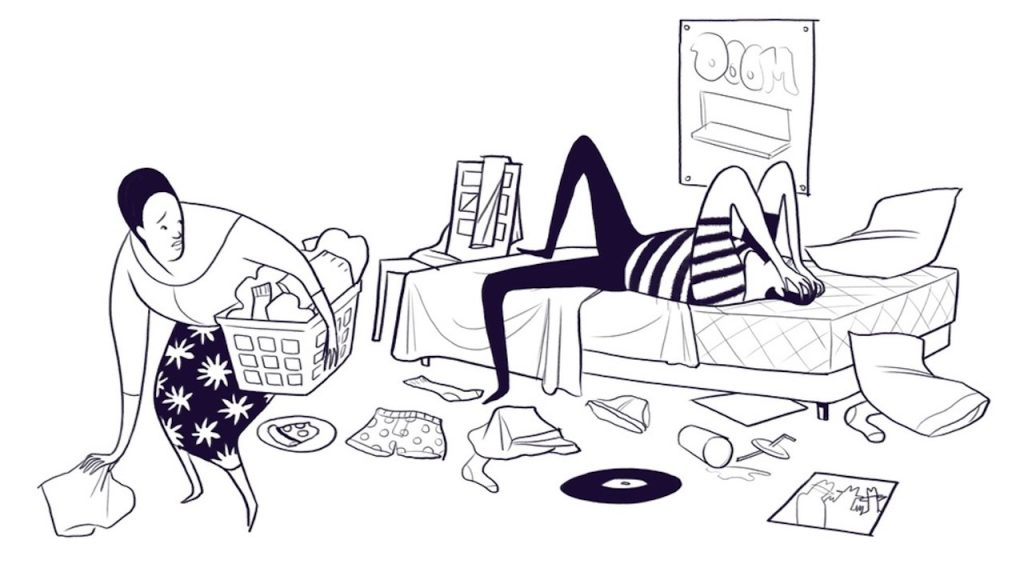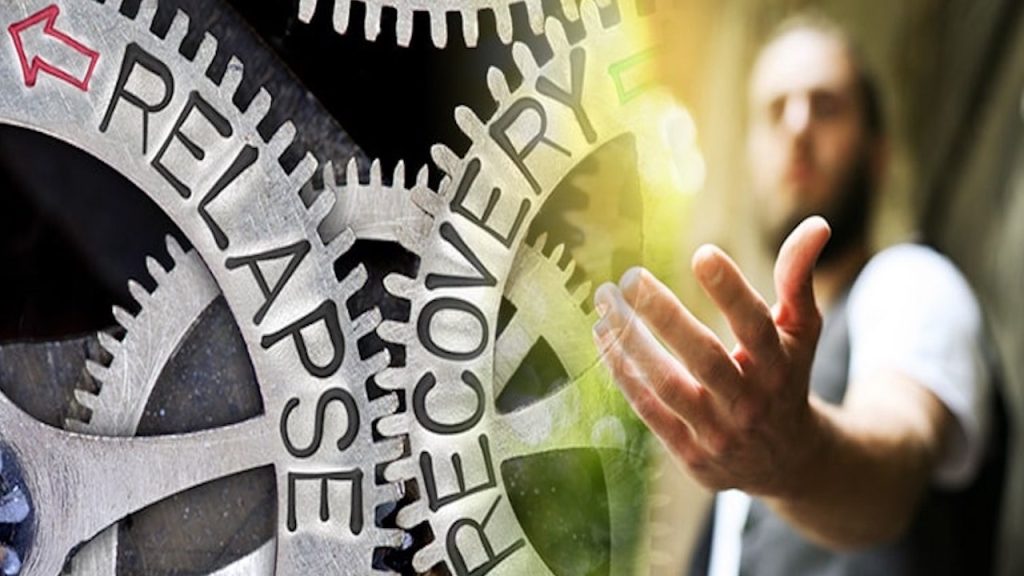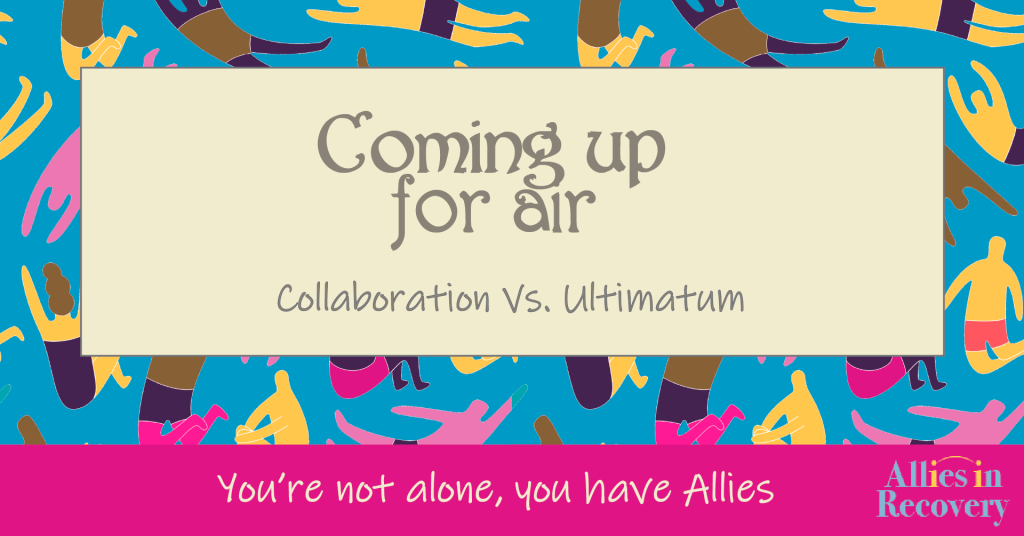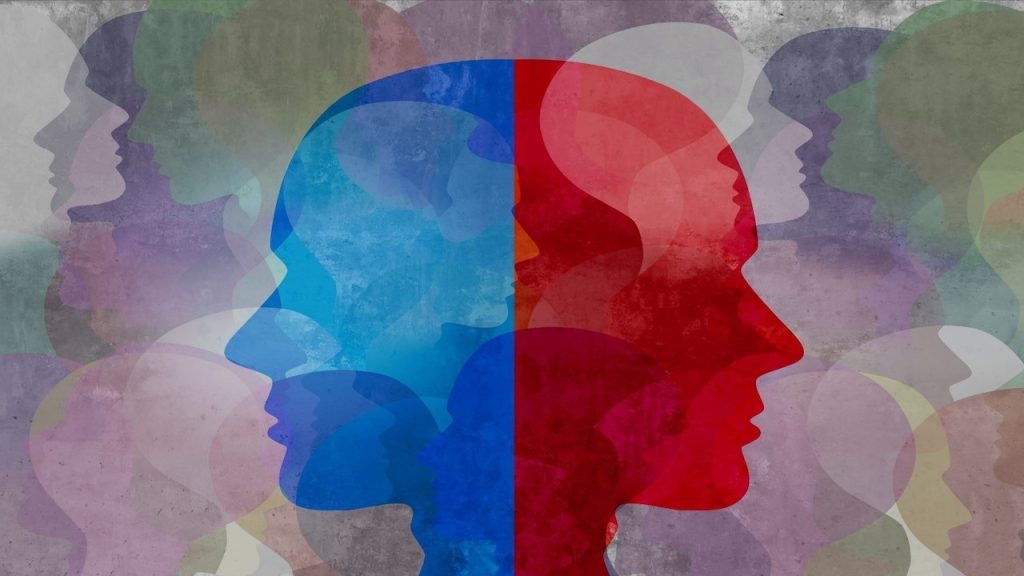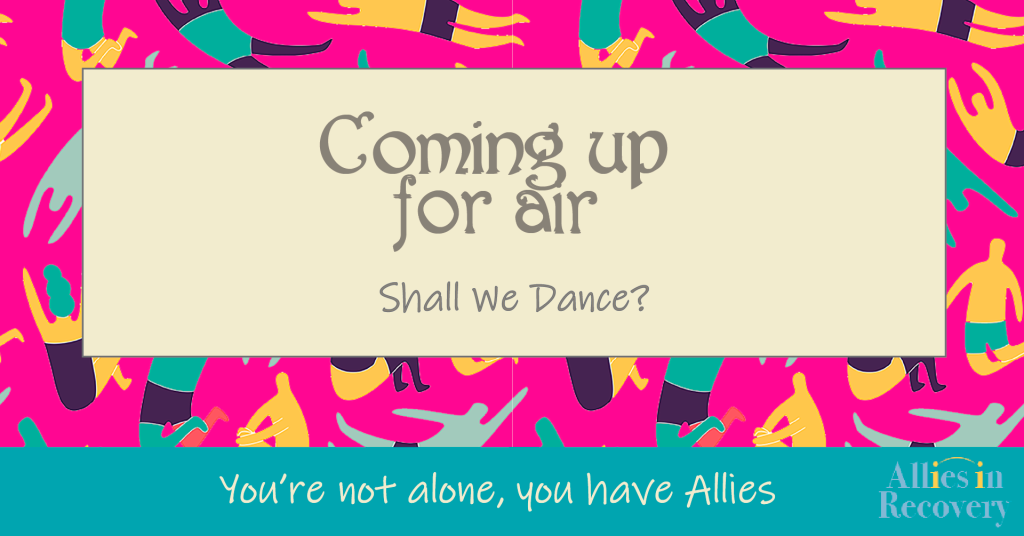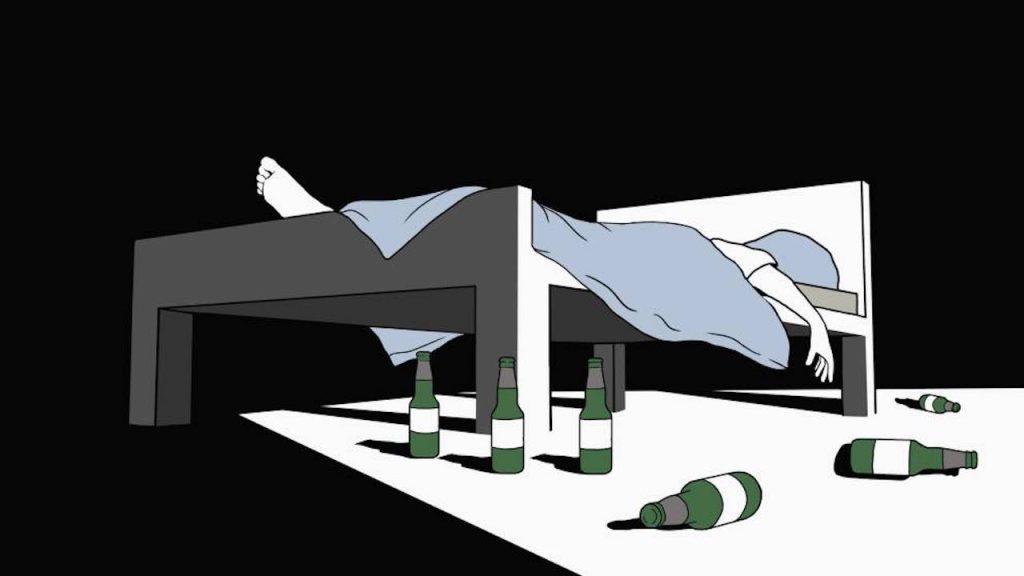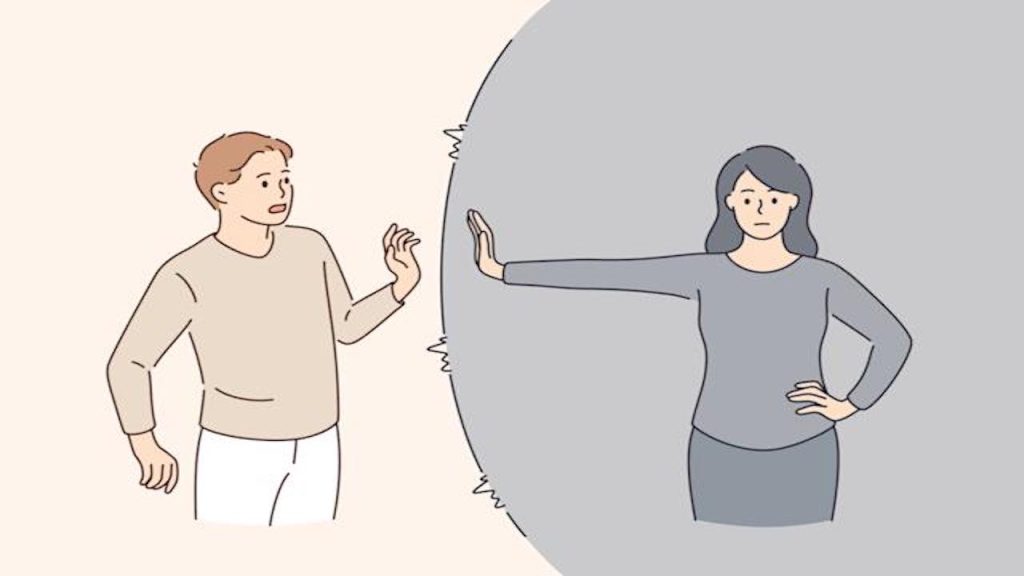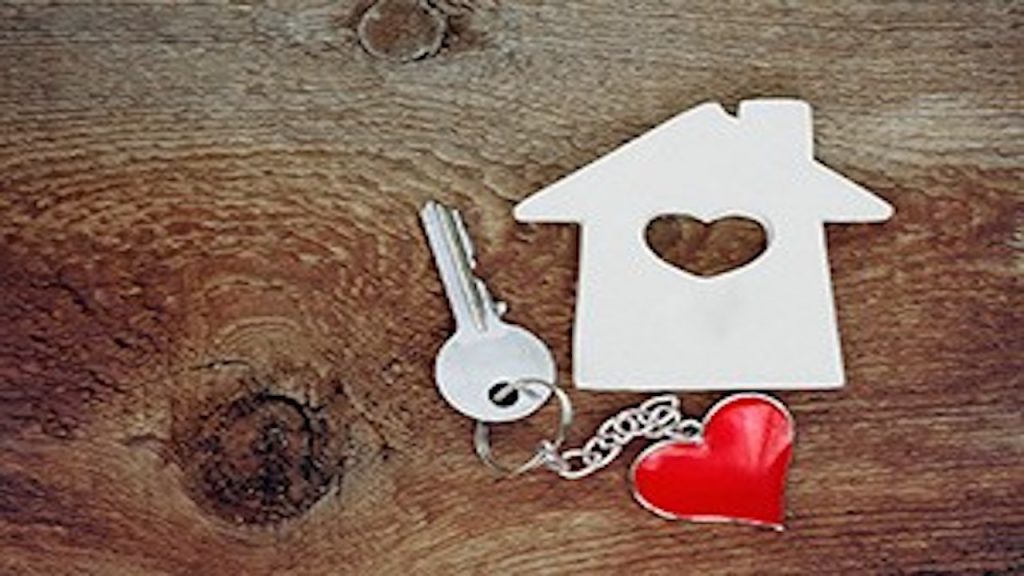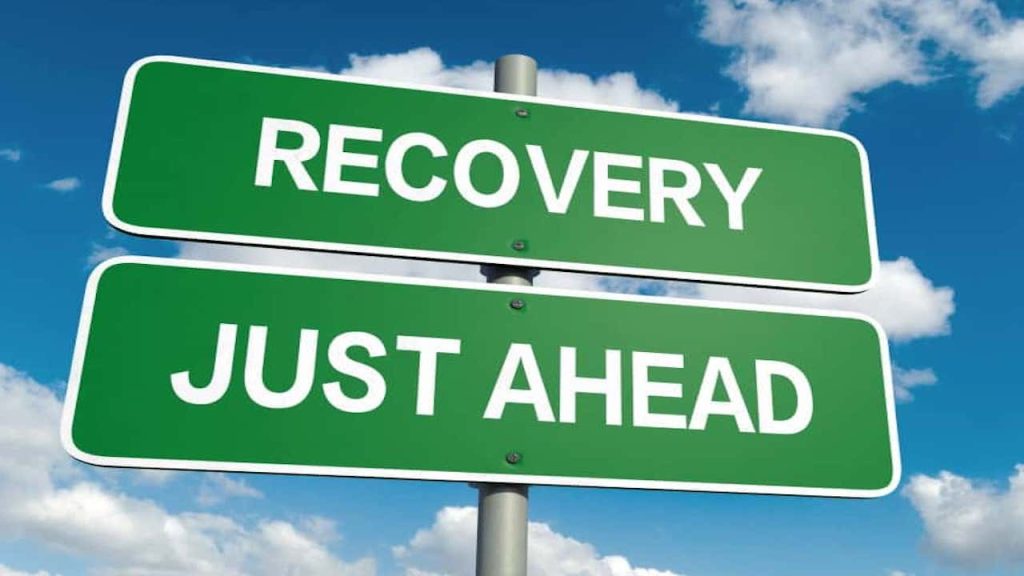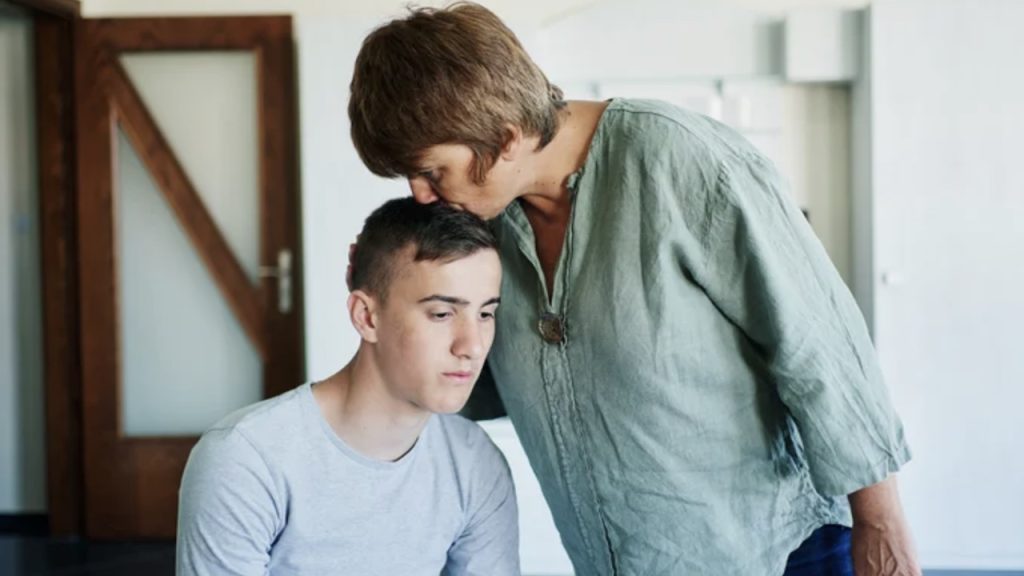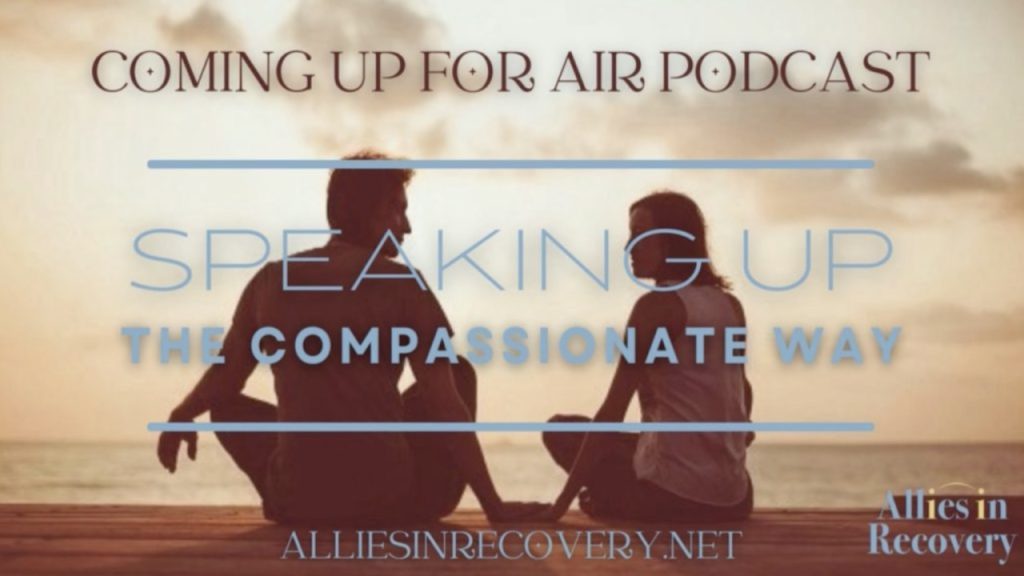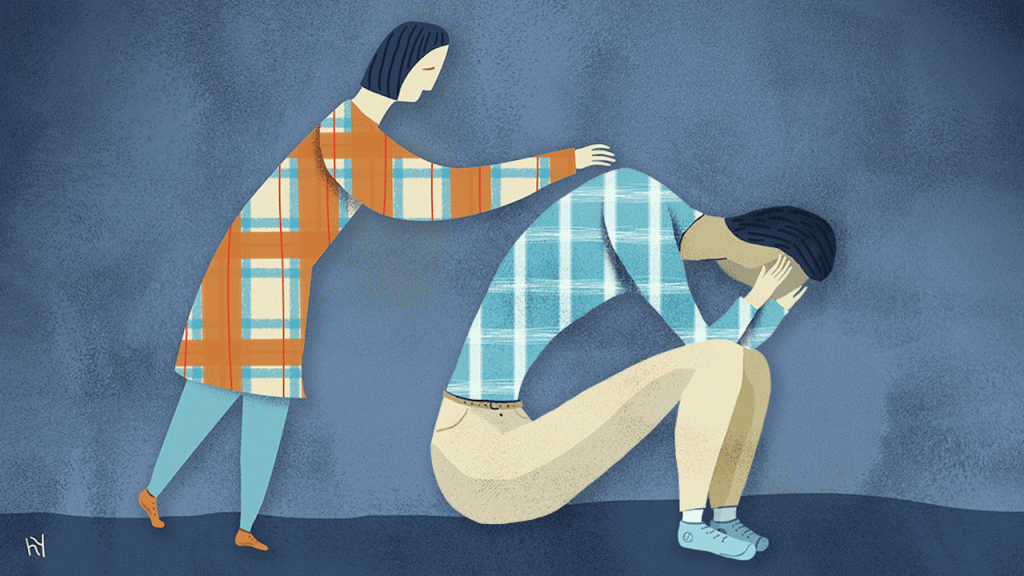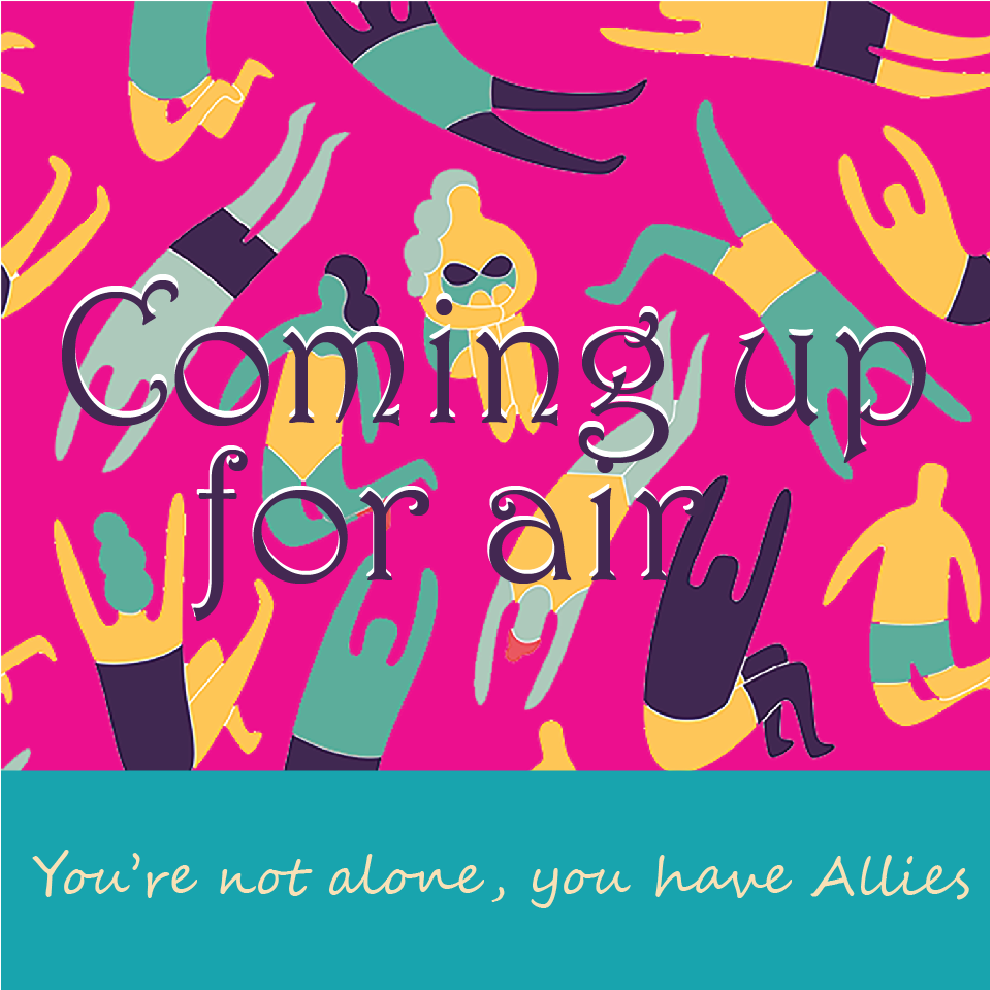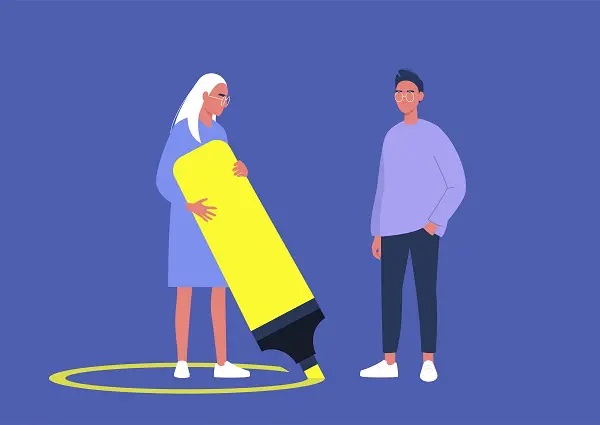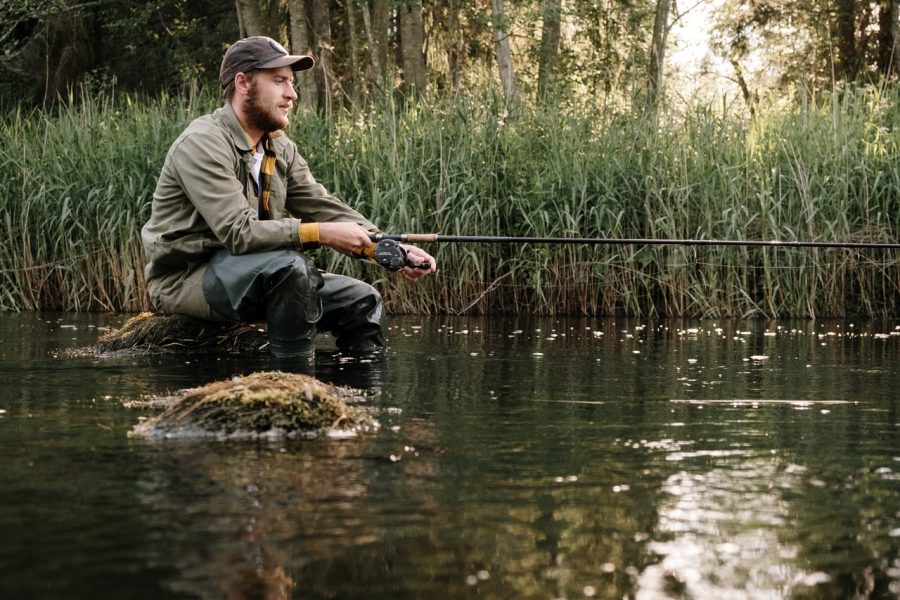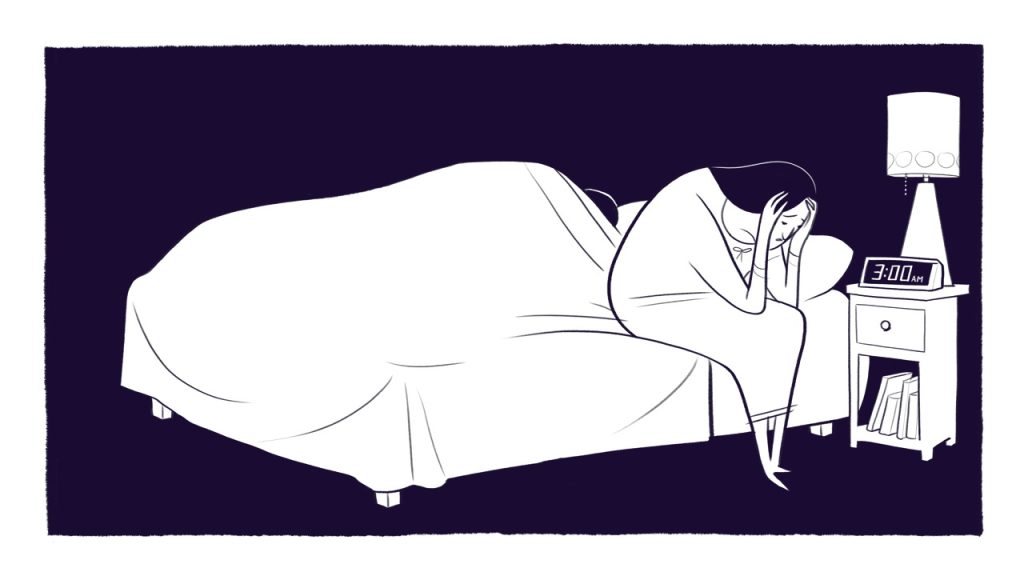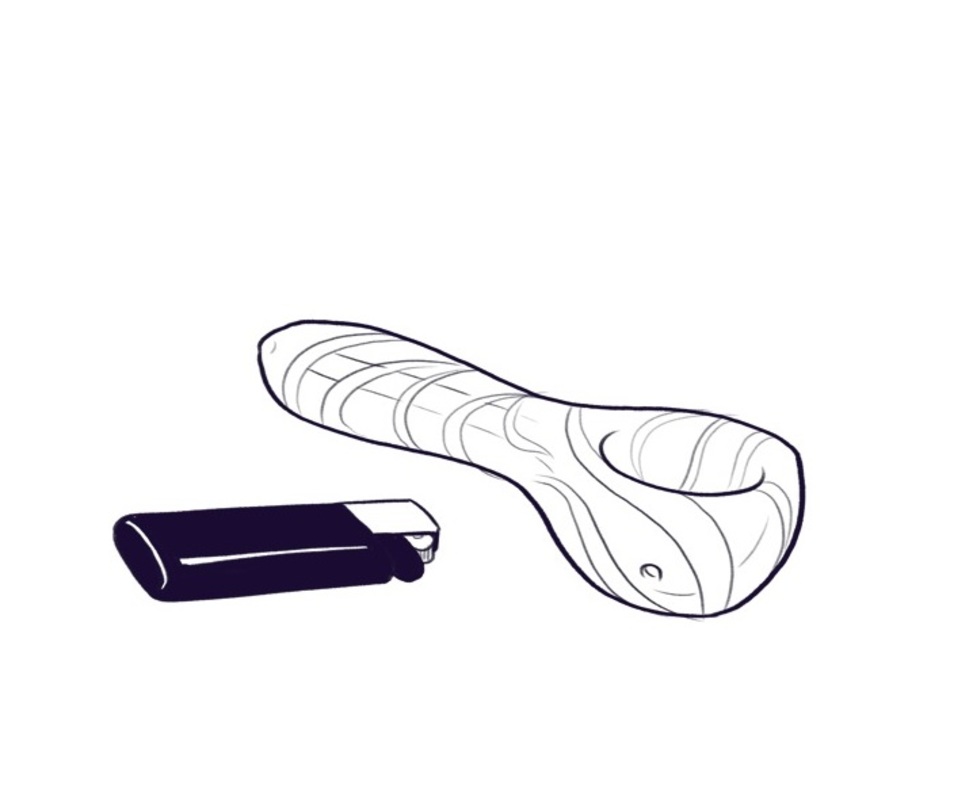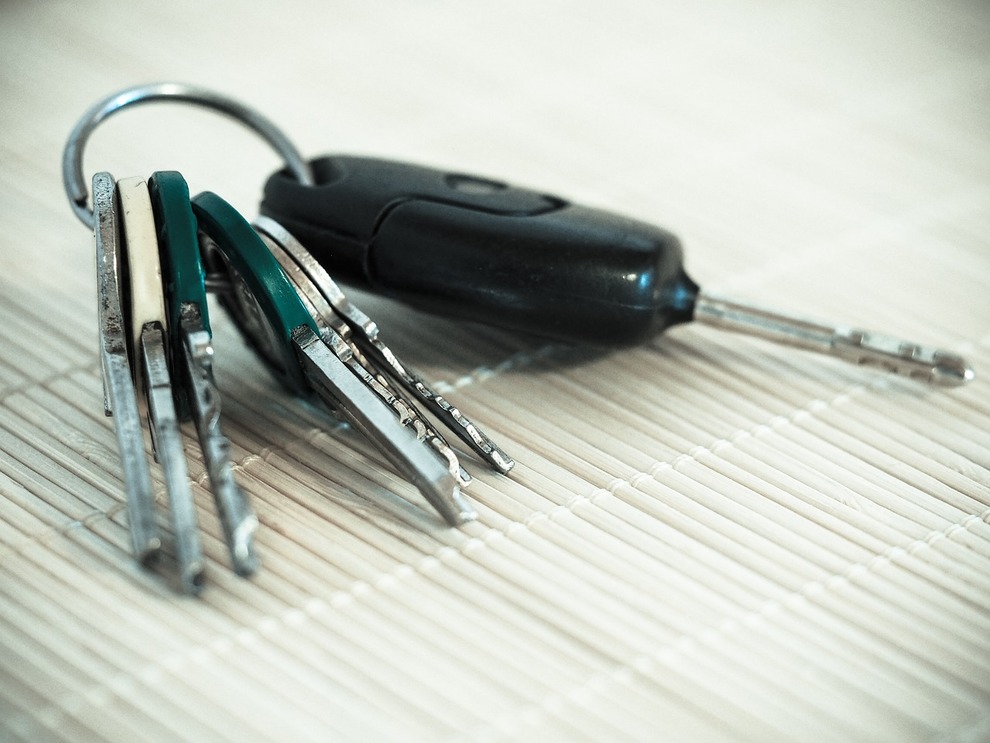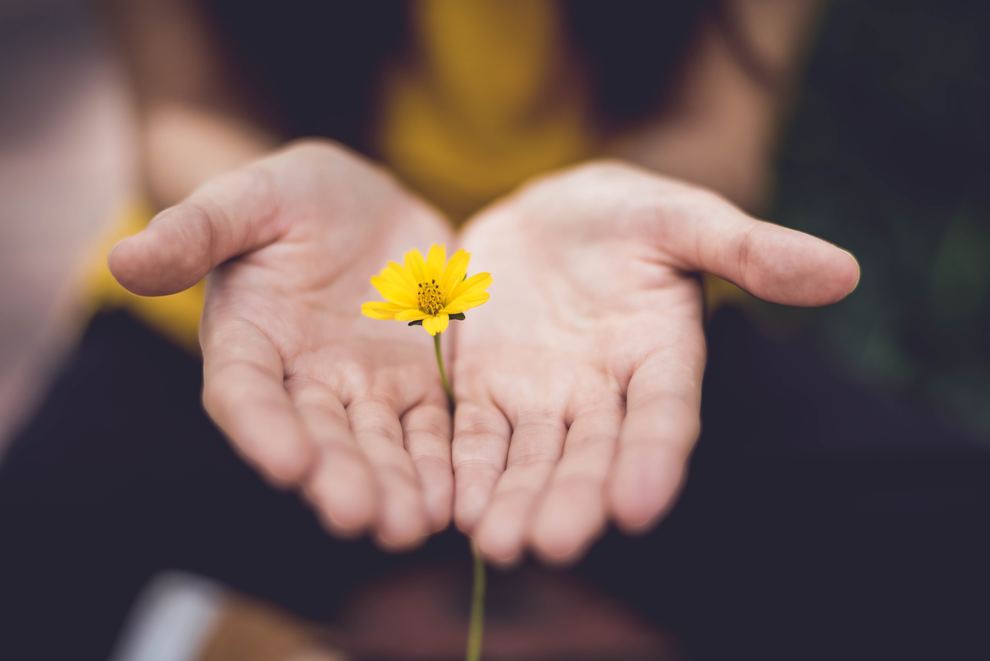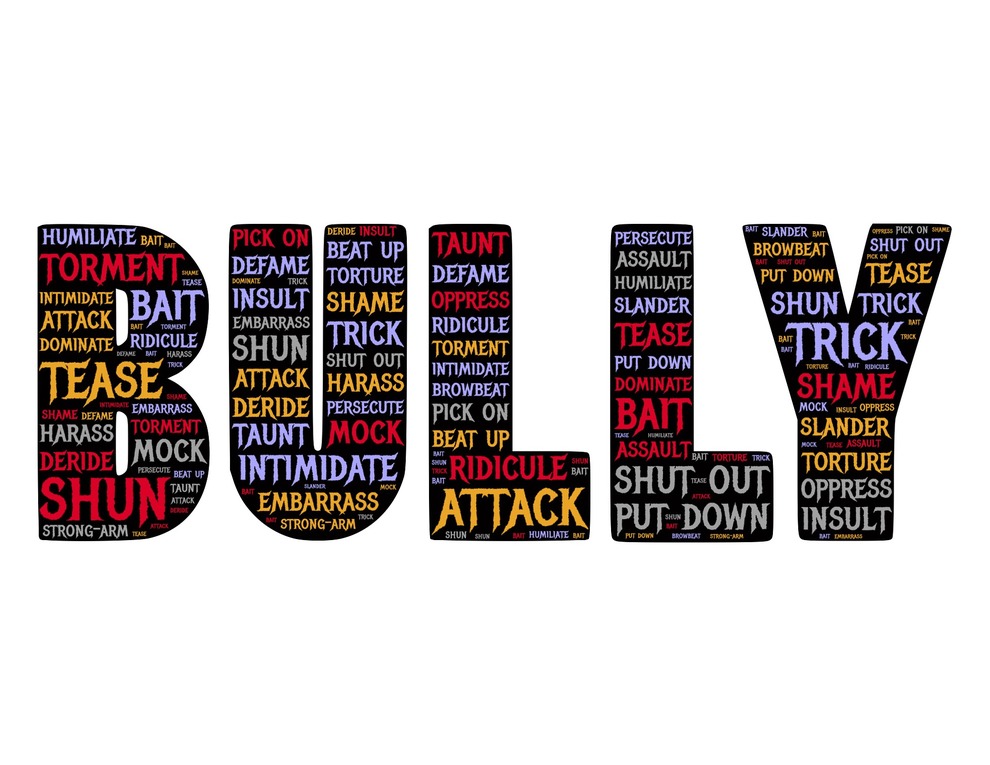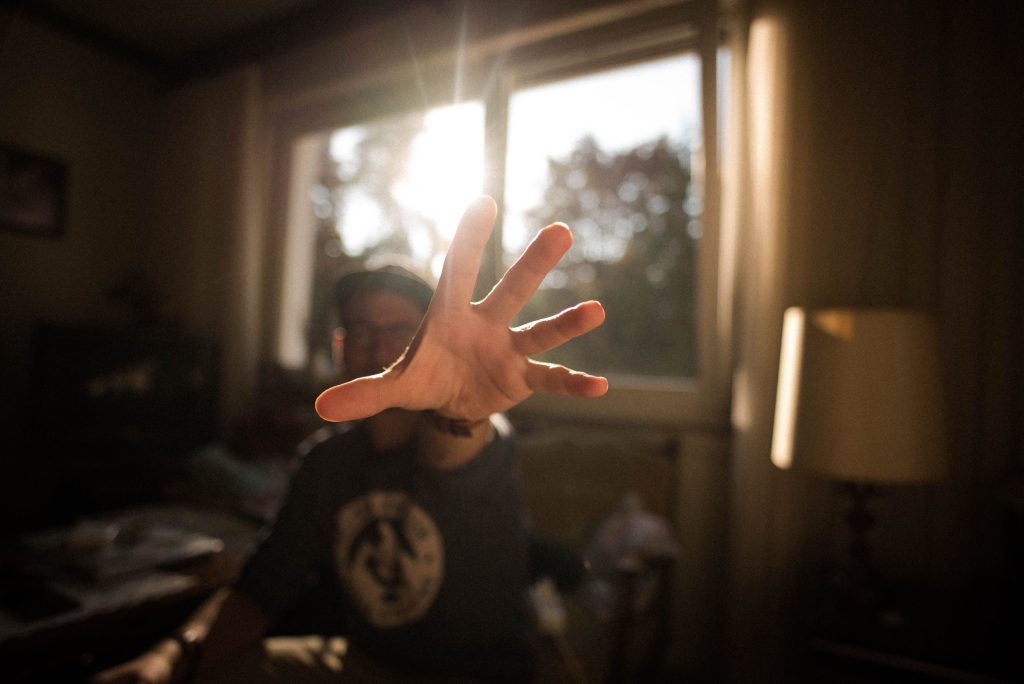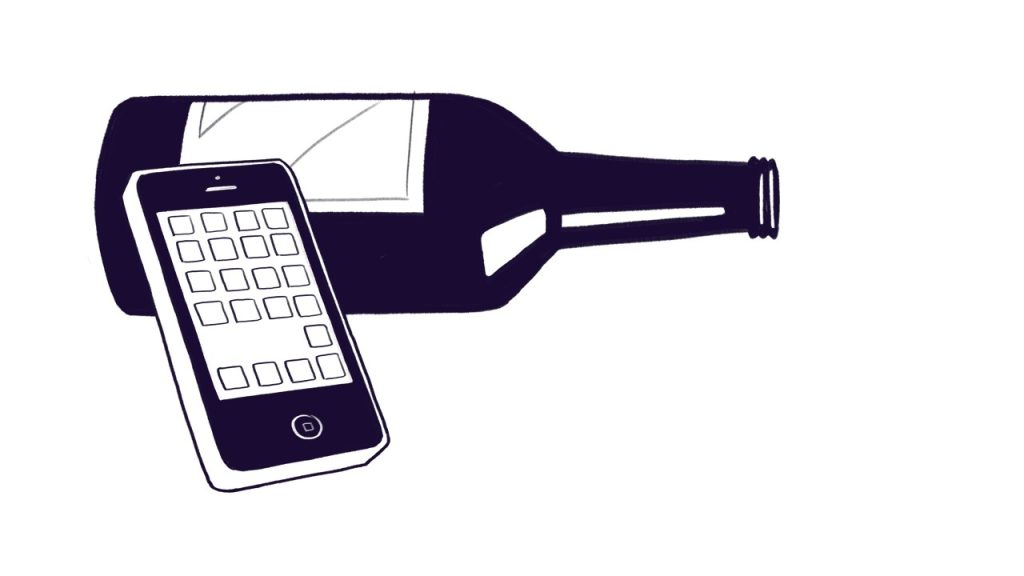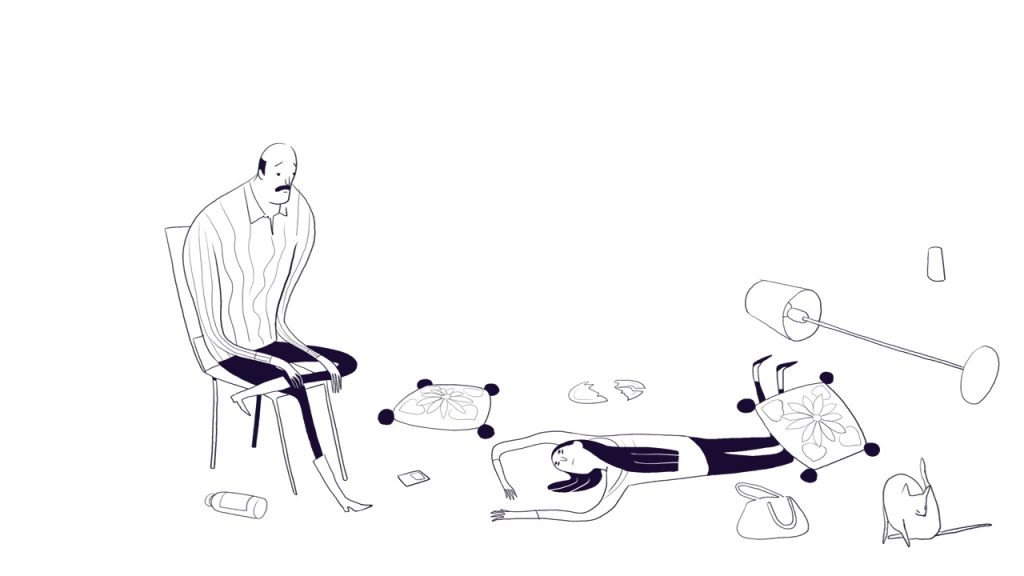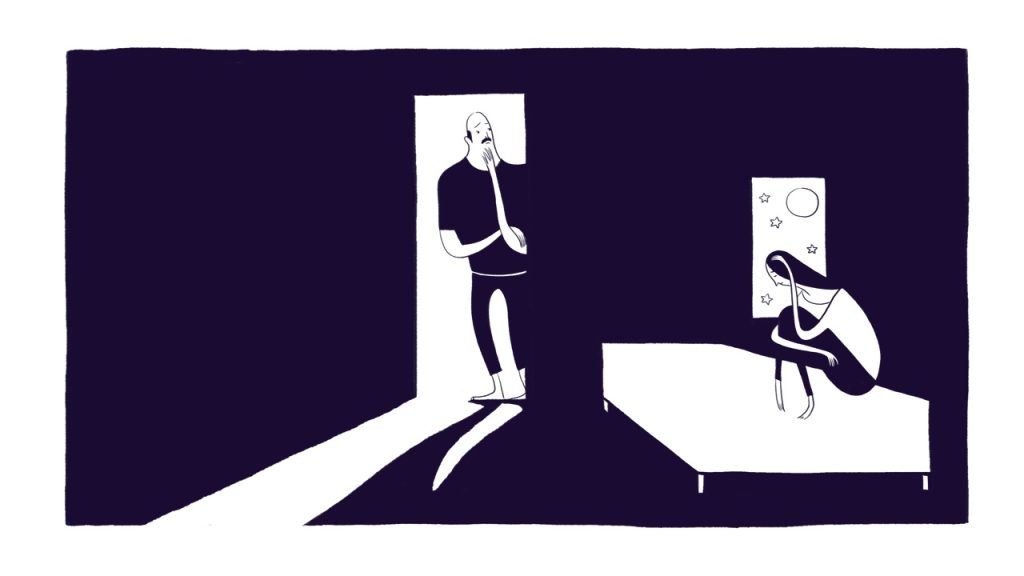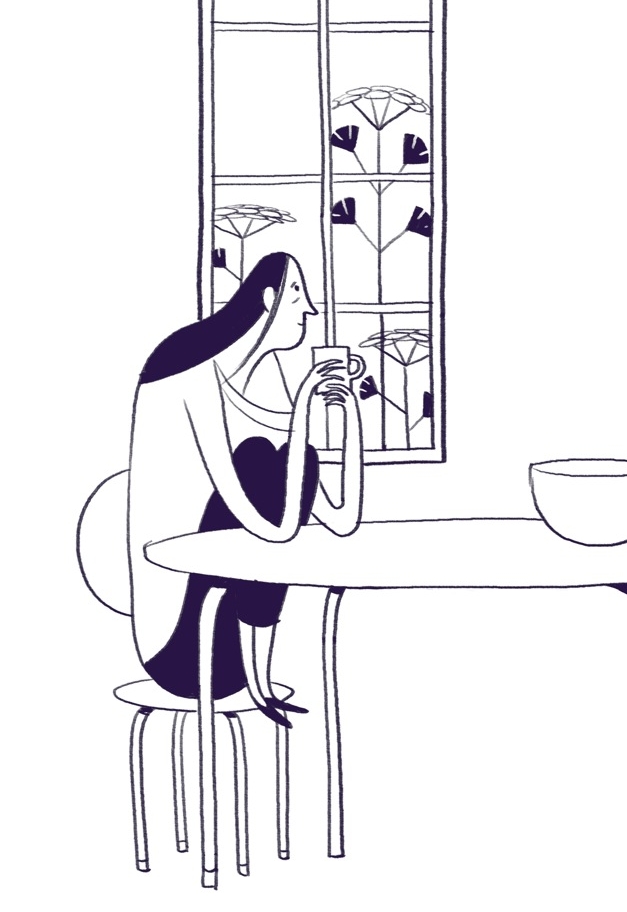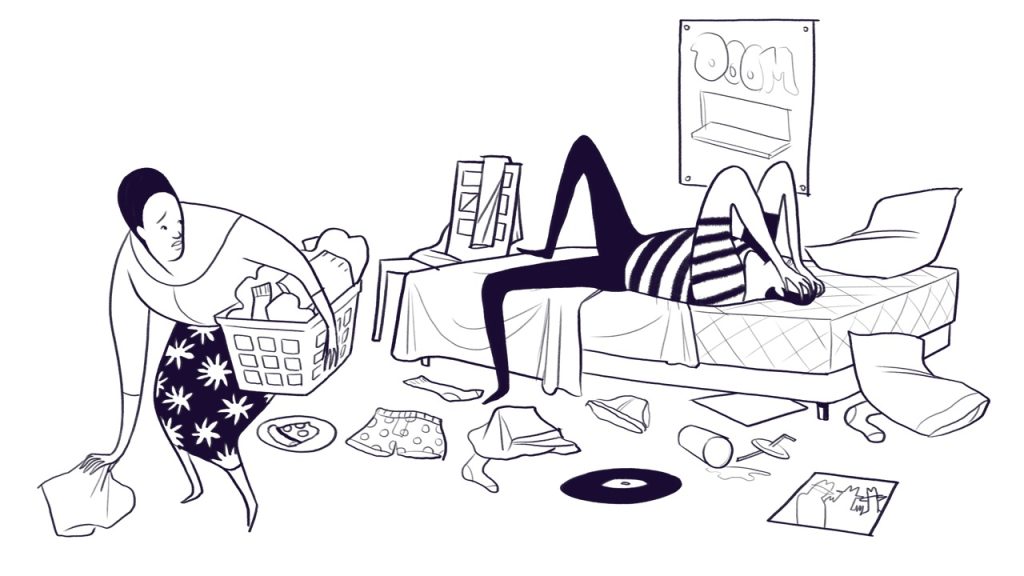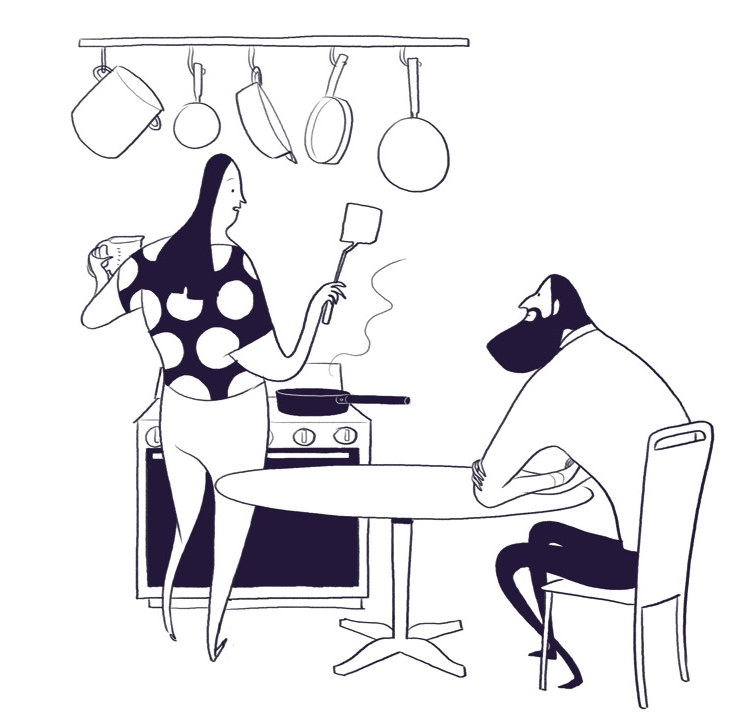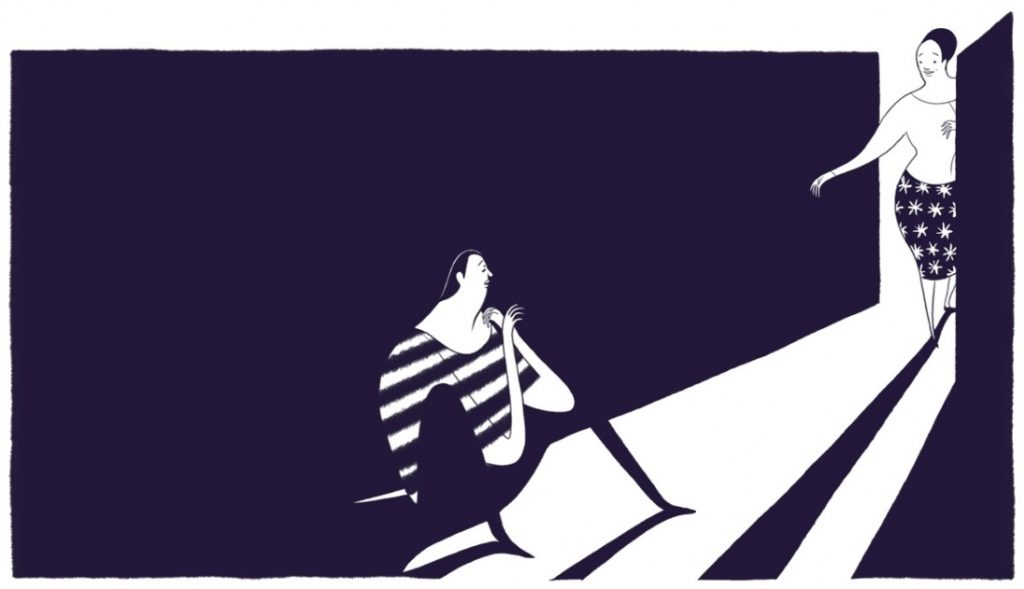Coax the Scared Animal out of the Woods—Become an Ally
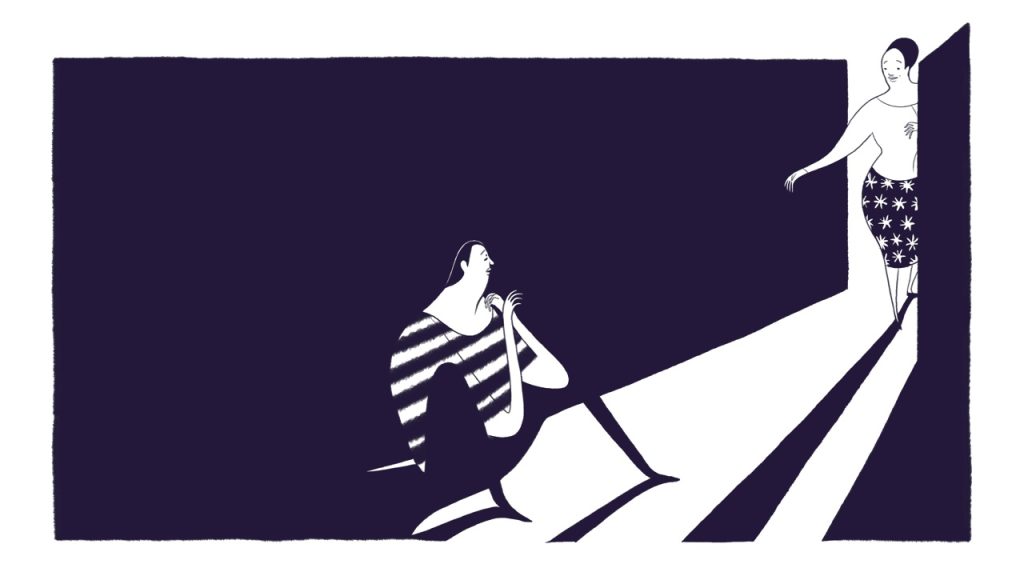
This Allies in Recovery member has been working on how she communicates with her son who completed detox at the end of January but continues to drink some nights, alone in his apartment. She described a dinner out with her son, and her attempts to open up the lines of communication. He avoided discussing his “problems” but remained “pleasant enough.” Mom is concerned that she might be still “parenting” too much and needs guidance to become an ally for her son. Dominique Simon-Levine responds to this concerned mom below…
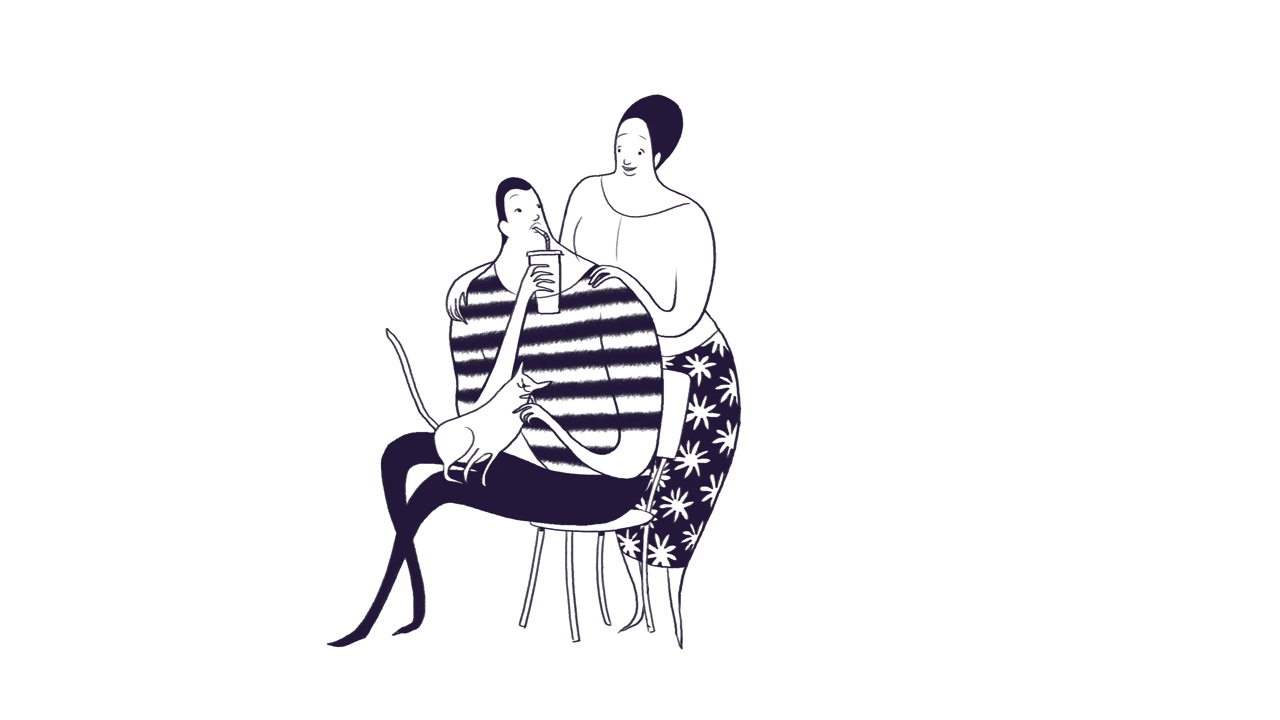
You’ve made some small but essential changes
You’ve taken some important first steps in changing parts of your relationship with your son that are under your control. You took a page out of the Module 4 playbook, and put in place some critical changes. These changes may seem small, but they are exactly where your influence lies for helping your son. These are steps that will help you become an ally to your loved one.
1. You are figuring out the patterns of his drinking. With the help of your husband, you are more sure of which nights he drinks and when he doesn’t drink.
2. You picked Monday night, a night he is unlikely to drink, and created a situation that is rewarding to him (a meal out in a restaurant). The meal out is also an opportunity for you both to connect and share a light moment. You created a moment when your son can perhaps enjoy time with his family while he isn’t drinking. It’s a moment for him to perhaps notice that there are other things besides drinking that can feel good, maybe even a little.
3. You sat in the car while he went in to get groceries. In the past, you might have gone in with him and been tempted to pay.
I applaud your efforts
- You created a rewarding situation for your loved one when he wasn’t drinking;
- By creating a moment to connect, you reminded him of the good feelings that come with family;
- You reinforced that bridge between you, an ease in communication that will help him speak to you when he is hurting;
- And finally you pushed the responsibility for providing food back onto your son by staying in the car when he needed groceries.
I commend you….hurray! Well done.
We worked with a father who likened the building of a bridge between himself and his son as “coaxing the little scared animal out of the woods.” We were working on ways to connect with his son, ways to show his son that a loving hand was there. He was reaching in, ready to pull him out of the woods in a moment when his son felt scared.
Become an ally, let go of the parenting
Your Monday evening dinners are a great example of setting the stage for “coaxing the little scared animal out of the woods.” The hard part with this coaxing, and as you describe with that dinner, is this overwhelming urge as a parent to force your way into the woods, by getting heavy and asking your son about his hidden life. The moment you do, your son backs further into the woods.
Any parent would want to step in and fix what is so obviously broken. An ally, conversely, does things a little differently by creating a safe environment that is conducive to getting help to fix what is broken.
You are rewarding non-drinking moments, reinforcing the bridge of communication, and you have given him the list of treatment and recovery options. You are creating that environment.
Once the stage is set, you wait
Now, you wait. This is the toughest part. Conversation at dinner should be kept light. Wait for your loved one to poke his head out (wait for the wish or the dip)…. You’ve got treatment as ready as it can be.
With all this in place, you’ve done what you can to provide an important pathway out of drinking for your son and help towards recovery.
You’ve made it as easy as it can be for loved one to turn towards you when he is ready to ask for help.
It’s quite a dance. The social worker at the detox reached in at the wrong moment and got rebuffed. Similarly, you reached in and got shut down at dinner.
Your son is embarrassed by his drinking – good. He’s gone to detox, a sign to him that things are indeed serious with his drinking. You and your husband are creating THE most conducive environment possible for your son to get the help he needs.
Thank you for writing in. Your experience is so important for all of us.
Join our Member Site today to take full advantage of Allies in Recovery’s program, including 8 video modules, three blogs, and dialogue with experts in the fields of treatment and recovery. Learn more here.


